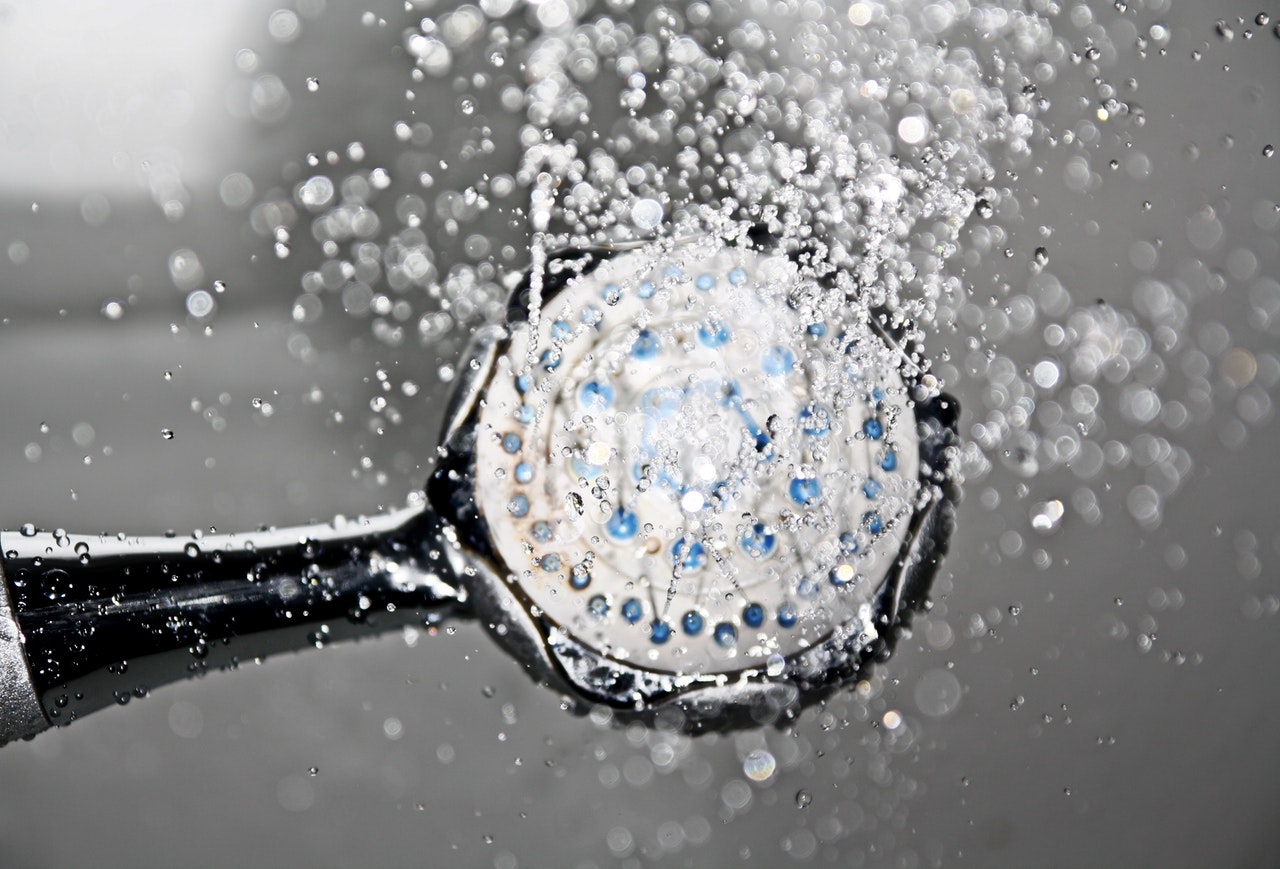Dennis Bayazitov | Assistant News Editor
Featured image: Ice showers improve circulation, reduce muscle inflammation, increase weight loss, and boost your overall mood. | Courtesy of Pexels
It’s safe to assume that most students—when freshening up—prefer to do so with a thoroughly rejuvenating warm shower. What’s not to love? Hot showers are known to alleviate tense muscles, ease anxiety, boost oxytocin levels—best known as the “cuddle hormone”—and even moisturize nasal passages, doubling as a decongestant.
With that being said, who in their right mind would ever willingly choose to subject themselves to the seemingly harrowing act of purposefully drenching themselves in ice-cold water?
Perhaps, you.
A variety of cultures, athletes, high-stress professionals, and self-developing students have already tried it, from the sounds of it. According to medical physicians, ice showers offer a host of their own benefits, particularly in areas of immunity-building and physical and mental health.
Perhaps the most notable advocate for such alternative therapy is “Iceman” Wim Hof, a Dutch daredevil known for his “conscious hyperventilating” breathing techniques and supreme ability to withstand extreme cold.
Hof believes his form of meditation among such extreme temperatures conditions the body to preserve heat and perform more effectively, similar to the Tibetan practice of Tummo. This same practice helped him win 21 Guinness World Records, including running a half-marathon barefoot—in just shorts—above the Arctic Circle, swimming under ice for 66 meters.
“There is every reason for healthy people to take cold showers, or swim outside in cold water,” he wrote in his book, The Way of the Iceman.
“It gives you the feeling that you are alive.”
Hof more than likely errs on the side of an outlier—an example of what can be actualized with an immense, life-long dedication to mastering the elements and one’s mind.
On a more practical and everyday level, such benefits manifest in the form of heightened bodily function, improved mood, heightened focus, and greater discipline.
When stepping into an ice water shower, the first thing one will notice is an initial shock that will quite literally send shivers down the spine, scrambling emotions, and will drive the body into overgear. In prioritizing the health of one’s organs, the body will send blood to them at a livened pace, stimulating the circulatory system in a way that would not otherwise happen.
When immersed in icy water, the body begins desperately trying to warm itself up. As such, metabolism will tend to speed up, thereby in the process further activating the immune system. When this happens, the body produces more disease-fighting white blood cells, circulating them throughout the body.
Cold showers are also shown to present a positive impact on one’s mental health. One 2007 study from Virginia Commonwealth University’s School of Medicine found that standing under ice water can vitalize an area in the brain known as the “blue spot,” which produces the norepinephrine hormone. Norepinephrine functions as a neurotransmitter, and is most commonly known for its effects in fighting depression.
Aesthetic and health benefits are another plus, for both skin and hair.
When showering under hot water, the skin and hair becomes dried out, making for all sorts of itches and dry spots. Cold water, conversely, will constrict the cuticles and pores of the skin, preventing them from becoming clogged, resulting in much smoother skin. Likewise, by flattening follicles in this way, cold showers can also prompt shinier, healthier, and stronger hair growth.
More than anything, however, taking cold showers will increase discipline and heighten alertness. After all, not everyone can subject themselves to such sharp pain, despite its aforementioned benefits.
Former risk analyst and current scholarly writer Naseem Taleb’s philosophy and study of the antifragile is perhaps the best way to understand cold showers. According to Taleb, there is the fragile that breaks under stress, the robust that stays strong, enduring such stress, or the antifragile, which welcomes stress, growing healthier and stronger as a result having experienced it—essentially, encapsulating the famous Nietzschean adage: “That which does not kill us, makes us stronger.”
Cold showers, in other words, typically make one more antifragile in this area of their life.
In taking cold showers, students will suddenly find themselves better positioned in situations that demand similar tolls—be it facing immune system or cardiac challenges, risk-taking on potentially uncomfortable outcomes, or even paying next month’s hydro bill.


